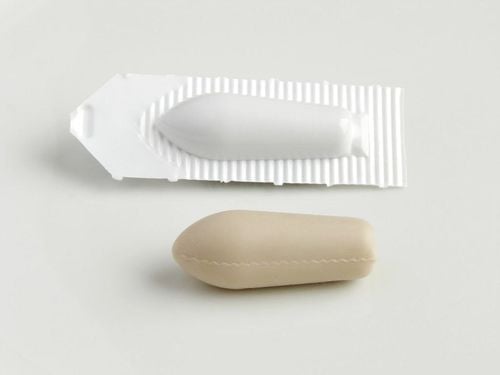Sermion enhances the metabolism of central nervous system cells, inhibits platelet aggregation, and has beneficial effects on blood circulation, lowering blood pressure. The following article provides readers with information about the uses, dosage, and precautions when using Sermion.
1. Uses of Sermion medication
Sermion contains the active ingredient Nicergoline and is formulated as sugar-coated tablets with a content of 10 mg or 30 mg.
Nicergoline is a synthetic derivative of ergot alkaloids. It enhances the metabolism of central nervous system neurons. Additionally, Nicergoline has antiplatelet aggregation properties and beneficial effects on blood circulation, lowering blood pressure.
Sermion is used in the following cases:
• Neurological and physiological symptoms related to cerebral hypoperfusion.
• Dementia
• Transient disorders due to focal cerebral ischemia.
• Cerebrovascular accidents.
• Disorders of circulation in the retina and choroid of the eye.
• Auditory and balance disorders due to cerebral ischemia.
• Peripheral circulation disorders in the lower limbs.
• Sermion is also used in the prevention and treatment of migraines if the pain is severe, prolonged, and occurs more than once a month.
2. Contraindications of Sermion medication
Sermion is contraindicated in the following cases:
• Allergy or hypersensitivity to Nicergoline or any component of Sermion.
• Acute bleeding.
• Recent myocardial infarction. Hypotension.
• Pregnant and breastfeeding women.
• Severe bradycardia.
There is currently no data on the use of Nicergoline in children, therefore Sermion should not be used in this population.
3. How to use Sermion
Sermion is taken orally. It is taken before meals or during meals if stomach pain occurs.
The dosage of Sermion: the starting dose is 1 tablet of 10 mg per dose, 3 times a day.
In case of an overdose of Sermion, symptoms similar to adverse effects may occur. These symptoms will lessen upon discontinuation of the drug. Symptomatic treatment is necessary in the case of a Sermion overdose.
If you forget to take a dose of Sermion, take it as soon as possible. However, if it is close to the time for your next dose, skip the missed dose and take the next dose at the scheduled time. Do not take double the prescribed dose of Sermion.
4. Adverse effects when using Sermion
• Using Sermion may cause orthostatic hypotension and fainting.
• Skin conditions such as urticaria, erythema, hypersensitivity reactions, and discomfort may also occur.
• Central nervous system-related disorders such as excessive sweating, dizziness, agitation, sleep disturbances, drowsiness, anxiety, vertigo, flushing, and loss of appetite.
• Some gastrointestinal side effects may include nausea, diarrhea, increased gastric acid secretion, and stomach pain.
5. Precautions when using the drug Sermion
Caution when using Sermion simultaneously with anticoagulants, antiplatelet drugs, and antihypertensive medications.
Sermion may cause side effects related to the central nervous system, such as dizziness and drowsiness,... which can affect the ability to drive or operate machinery. Caution when using Sermion in these individuals.
6. Drug interactions
• Sermion may enhance the effects of antihypertensive drugs and anticoagulants.
• Do not use Sermion simultaneously with α and β receptor blockers.
• Sermion may increase the cardiodepressive effects of Propranolol.
To arrange an appointment, please call HOTLINE or make your reservation directly HERE. You may also download the MyVinmec app to schedule appointments faster and manage your reservations more conveniently.
To arrange an appointment, please call HOTLINE or make your reservation directly HERE. You may also download the MyVinmec app to schedule appointments faster and manage your reservations more conveniently.








